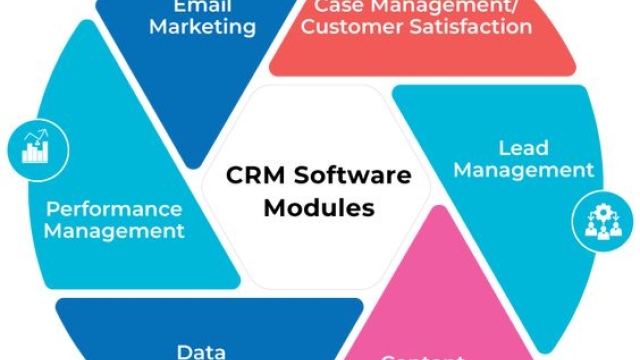Creating and maintaining strong customer relationships is a fundamental aspect of any successful business. In today’s fast-paced and competitive market, businesses are constantly looking for effective ways to better understand and engage with their customers. This is where a CRM system comes into play. A CRM system, short for Customer Relationship Management system, is a powerful tool that helps businesses build, nurture, and manage their customer relationships more efficiently. By centralizing customer data, streamlining communication, and providing valuable insights, a CRM system is the ultimate solution for mastering your customer relationships. In this article, we will delve into the world of CRM systems, exploring their key features, benefits, and how to effectively implement them to unlock the full potential of your customer interactions. So, buckle up and get ready to revolutionize your customer relationships with the ultimate guide to mastering your customer relationships with a CRM system.
Benefits of Using a CRM System
Increased Efficiency: A CRM system streamlines and automates various business processes, resulting in increased efficiency. By centralizing customer data, teams can access and update information in real-time, eliminating the need for manual data entry and reducing the chances of errors. With a CRM system, tasks like managing customer interactions, tracking sales opportunities, and monitoring marketing campaigns become more efficient, enabling businesses to focus on core activities and improve overall productivity.
Enhanced Customer Relationships: CRM systems provide companies with a holistic view of their customers, allowing for better understanding and personalized interactions. By collecting and analyzing data on customer preferences, purchase history, and communication history, businesses can tailor their products, services, and marketing efforts to meet individual customer needs. This personalized approach not only strengthens customer relationships but also helps in building loyalty and driving repeat business.
Improved Decision-making: With a CRM system, businesses gain access to comprehensive reports and analytics that provide valuable insights into customer behavior, sales performance, and market trends. These insights enable businesses to make data-driven decisions, identify opportunities for growth, and develop effective strategies. By leveraging the power of data, businesses can stay ahead of their competitors and make informed decisions that drive business success.
Selecting the Right CRM System
When it comes to selecting the right CRM system, there are a few key factors to consider. First and foremost, you’ll want to evaluate your specific business needs and goals. Understanding what you hope to achieve with a CRM system will help you narrow down your options and find a solution that aligns with your requirements.
Next, take a close look at the features and functionalities offered by different CRM systems. Consider the specific tools and capabilities that are most important to your business. Whether it’s contact management, sales pipeline tracking, or customer communication, make sure the CRM system you choose can effectively support your day-to-day operations.
Additionally, it’s essential to consider the scalability and flexibility of the CRM system. As your business grows, your CRM needs may evolve as well. Look for a system that can adapt to your changing needs and accommodate future growth without significant disruptions.
In conclusion, selecting the right CRM system requires careful consideration of your business needs, the features and functionalities offered, and the system’s scalability. By taking the time to evaluate these factors, you can make an informed decision and ultimately master your customer relationships with a CRM system that is tailored to your unique requirements.
Best Practices for Effective Customer Relationship Management
System Dla FirmyPrioritize Communication: Effective customer relationship management (CRM) relies on strong and consistent communication with your customers. Establish open lines of communication through multiple channels, such as email, phone calls, and social media. Regularly check in with your customers to understand their needs, address any concerns, and provide timely support.
Personalize Interactions: Tailoring your interactions to each individual customer is a key aspect of successful CRM. Use the data collected in your CRM system to gain insights into your customers’ preferences, behaviors, and purchase history. Leverage this information to personalize your communications, offers, and recommendations. Show your customers that you understand and value their unique needs.
Provide Exceptional Customer Service: Exceptional customer service goes a long way in building and maintaining strong customer relationships. Respond to customer inquiries promptly, be empathetic and attentive, and always strive to exceed their expectations. Timely resolution of issues and proactive engagement can help foster trust and loyalty.

Remember, effective CRM is an ongoing process that requires continuous improvement and adaptation. Regularly assess and analyze the data gathered by your CRM system to identify trends, anticipate customer needs, and refine your approach. By implementing these best practices, you can truly master your customer relationships with a CRM system.

















